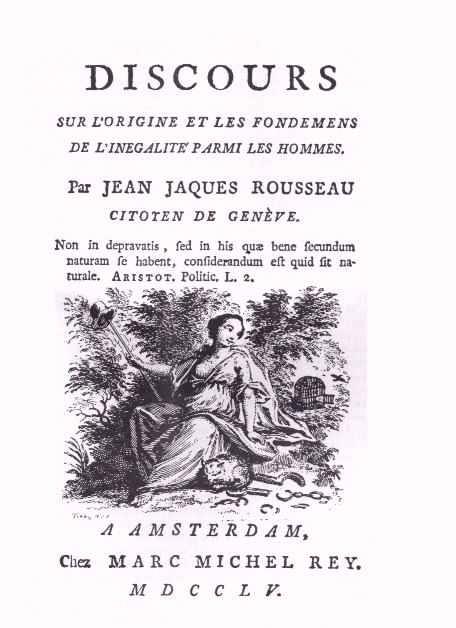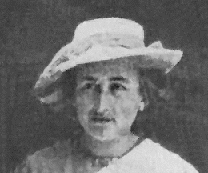
Quelles expériences seroient nécessaires pour parvenir à connoître l'homme naturel; et quels sont les moyens de faire ces expériences au sein de la société?

Quelles expériences seroient nécessaires pour parvenir à connoître l'homme naturel; et quels sont les moyens de faire ces expériences au sein de la société?
Loin d'entreprendre de résoudre ce Problême, je crois en avoir assés medité le Sujet, pour oser répondre d'avance que les plus grands Philosophes ne seront pas trop bons pour diriger ces expériences, ni les plus puissants souverains pour les faire; concours auquel il n'est guéres raisonnable de s'attendre surtout avec la perseverance ou plustôt la succession de lumiéres et de bonne volonté nécessaire de part et d'autre pour arriver au succés.

Abraham Lincoln abolished slavery in the United States. On January 1, 1863, he issued the Emancipation Proclamation that declared forever free those slaves within the Confederacy.
"Die Philosophen haben die Welt nur verschieden interpretiert; es kommt
aber darauf an, sie zu verändern."


The Provisional Government has been deposed. State power has passed into the hands of the organ of the Petrograd Soviet of Workers' and Soldiers' Deputies - the Revolutionary Military Committee, which heads the Petrograd proletariat and the garrison.
The cause for which the people have fought, namely, the immediate offer of a democratic peace, the abolition of landed proprietorship, workers' control over production, and the establishment of Soviet power - this cause has been secured.
Revolutionary Military Committee
of the Petrograd Soviet of Workers'
and Soldiers' Deputies
According to our calendar: St. Petersburg, 10.am, 7. November 1917.
"Since materialism in general explains consciousness as the outcome of being, and not conversely, materialism as applied to the social life of mankind has to explain social consciousness as the outcome of social being."
THIS IS THE PROGRAM OF THE COMMUNIST PARTY
OF THE SOVIET UNION
The Party calls upon all the Communists, all working people - workers, collective
farmers, and members of the intelligentsia - to take a most vigorous part in the
implementation of the historical tasks set forth in the Program. The Party is
confident that Soviet people, regarding the Program of the CPSU as their vital
cause, will make every effort to implement it.
"George Bush was elected to succeed Ronald Reagan as president of the United States in the November 1988 elections. The new Bush administration's foreign policy team, led by Secretary of State James Baker, was divided at first between the so-called "sqeezers", who saw no logic in attempts to bail out a troubled Soviet Union, and the "dealers", who wanted to make far-reaching agreements with Gorbatchev before he was toppeled from power."
20th Century International Relations.
in: the Encyclopædia Britannica,
Supplement, Vol. 2, 1994, p.17ff.
Copyright © 1997-2003 EURODOS, Amsterdam